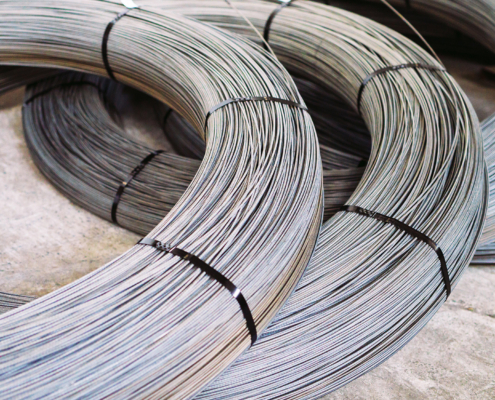 https://ringandping.com/wp-content/uploads/2025/07/How-Poor-Cabling-Can-Disrupt-Your-Warehouse-Operations.jpg12502000Abstrakt Marketing/wp-content/uploads/2024/05/ringandping_logo.svgAbstrakt Marketing2025-07-28 07:41:112025-07-29 13:47:32How Warehouse Cabling Problems Can Disrupt Your Operations
https://ringandping.com/wp-content/uploads/2025/07/How-Poor-Cabling-Can-Disrupt-Your-Warehouse-Operations.jpg12502000Abstrakt Marketing/wp-content/uploads/2024/05/ringandping_logo.svgAbstrakt Marketing2025-07-28 07:41:112025-07-29 13:47:32How Warehouse Cabling Problems Can Disrupt Your OperationsThe debate about whether copper or fiber cabling is superior has been a heated topic for decades. Both copper cabling and fiber optics have their own distinct advantages and disadvantages. Choosing between the two for your business’s networking needs can be difficult if you don’t fully understand the differences. In this blog, we are going to go over a few of the advantages of each to help you make the best decision for your specific business needs.
Advantages of Copper Network Cabling
- Power Over Ethernet (POE) – One of the top advantages copper has over optical fiber is that it can power devices like phones and surveillance cameras directly through the structured cabling. It can function as an emergency power supply to keep critical devices running even if the electricity goes down.
- Lower Power Costs – Copper cables do not consume power and because of their thermal design require less cooling.
- No Updates to Electronics Required – Most desktop computers come equipped with copper NIC cards, which are fully compatible with copper network cabling. In order to get the full capability of a fiber network, all of your PCs would require upgrading to optical NIC cards.
- Lower Cost to Install – Copper cabling can be anywhere from 2 times to 5 times less expensive than fiber depending on what category of copper cabling is being installed.
Advantages of Fiber Optic Cabling
- Distance – Fiber is capable of running distances of up to 40 kilometers without losing signal whereas copper in most cases has a max distance limitation of 100 meters.
- Bandwidth – Multi-mode fiber has a bandwidth of over 1000Mhz. While Cat 6A copper cabling, for example, only has a bandwidth up to 600 MHz .
- Security – Fiber does not radiate signal and is very difficult to tap. If fiber were to be tapped, it would be noticeable immediately because light would leak from the cable. Optical fiber is generally considered the safest networking solution to transfer data.
- Immune to EMI/RFI – Fiber can be run near electrical or industrial equipment without issue. Unlike copper, it is not susceptible to signal loss due to electrometric interference, radio frequency, or crosstalk.
- Size – Fiber is thinner, more lightweight, and in some ways more durable than copper cabling. If space is a concern for you, fiber generally takes up significantly less space.
- Lower Cost to Maintain – Fiber costs less to maintain, has less downtime, and requires less networking hardware.
These are only a handful of the advantages of fiber and copper cabling. For more information, give us a call at (714) 617-4025 and one of our expert technicians can help you determine the best choice for your specific business needs. At Ring and Ping Communications, we’re committed to helping our customers choose the most cost-effective solution that maximizes utility today and upgrade capability for tomorrow. Contact us here for a free on-site consultation.
Share This Post
More Like This
 https://ringandping.com/wp-content/uploads/2025/07/How-Poor-Cabling-Can-Disrupt-Your-Warehouse-Operations.jpg12502000Abstrakt Marketing/wp-content/uploads/2024/05/ringandping_logo.svgAbstrakt Marketing2025-07-28 07:41:112025-07-29 13:47:32How Warehouse Cabling Problems Can Disrupt Your Operations
https://ringandping.com/wp-content/uploads/2025/07/How-Poor-Cabling-Can-Disrupt-Your-Warehouse-Operations.jpg12502000Abstrakt Marketing/wp-content/uploads/2024/05/ringandping_logo.svgAbstrakt Marketing2025-07-28 07:41:112025-07-29 13:47:32How Warehouse Cabling Problems Can Disrupt Your Operations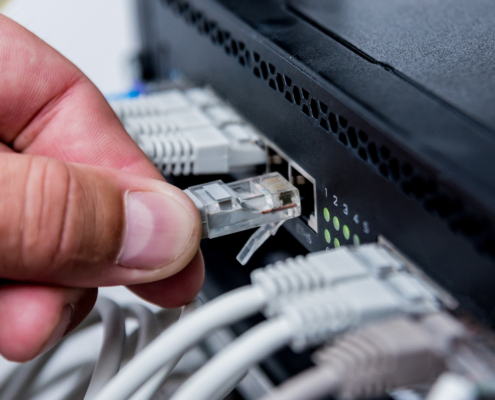
5 Ways Your Business Can Benefit From Improved Warehouse Cabling in Orange County

The Top LA Warehouse Network Cabling Challenges
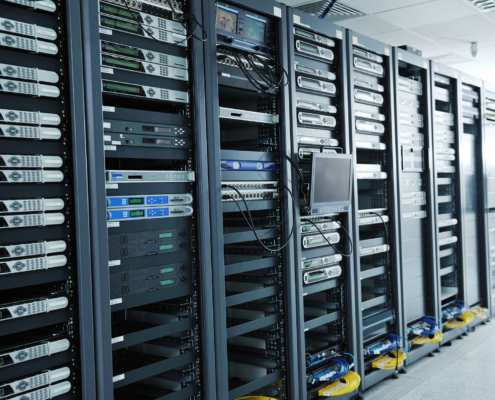
Common Warehouse Network Issues and How to Avoid Them at Your Facility

Why Reliable Network Cabling is Vital for Large Warehousing Operations

The Role of Network Cabling in Modern Warehouses
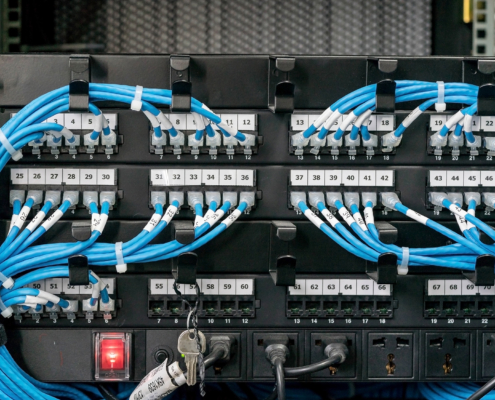
Choosing the Right Network Cabling for Your Warehouse: A Complete Guide
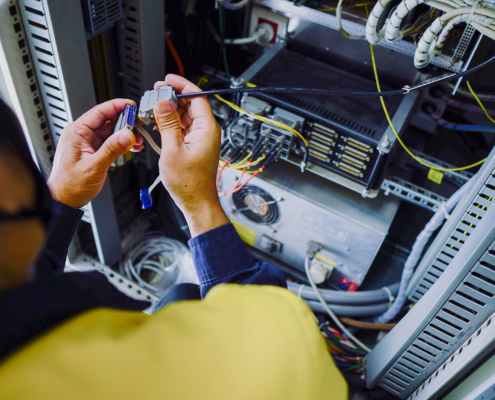
Premise Distribution Systems (PDS) and Why Fiber Optics Are the Future



